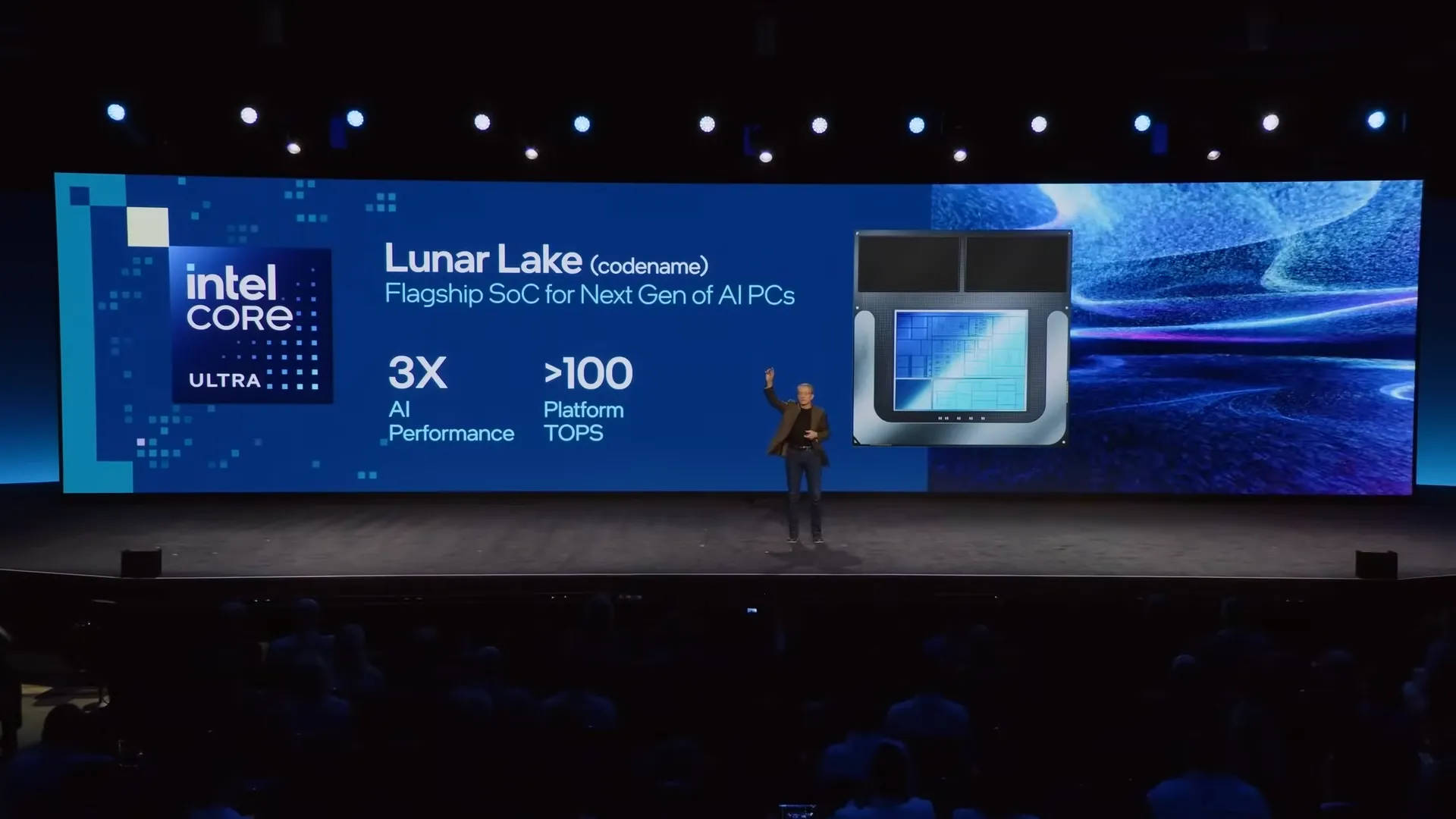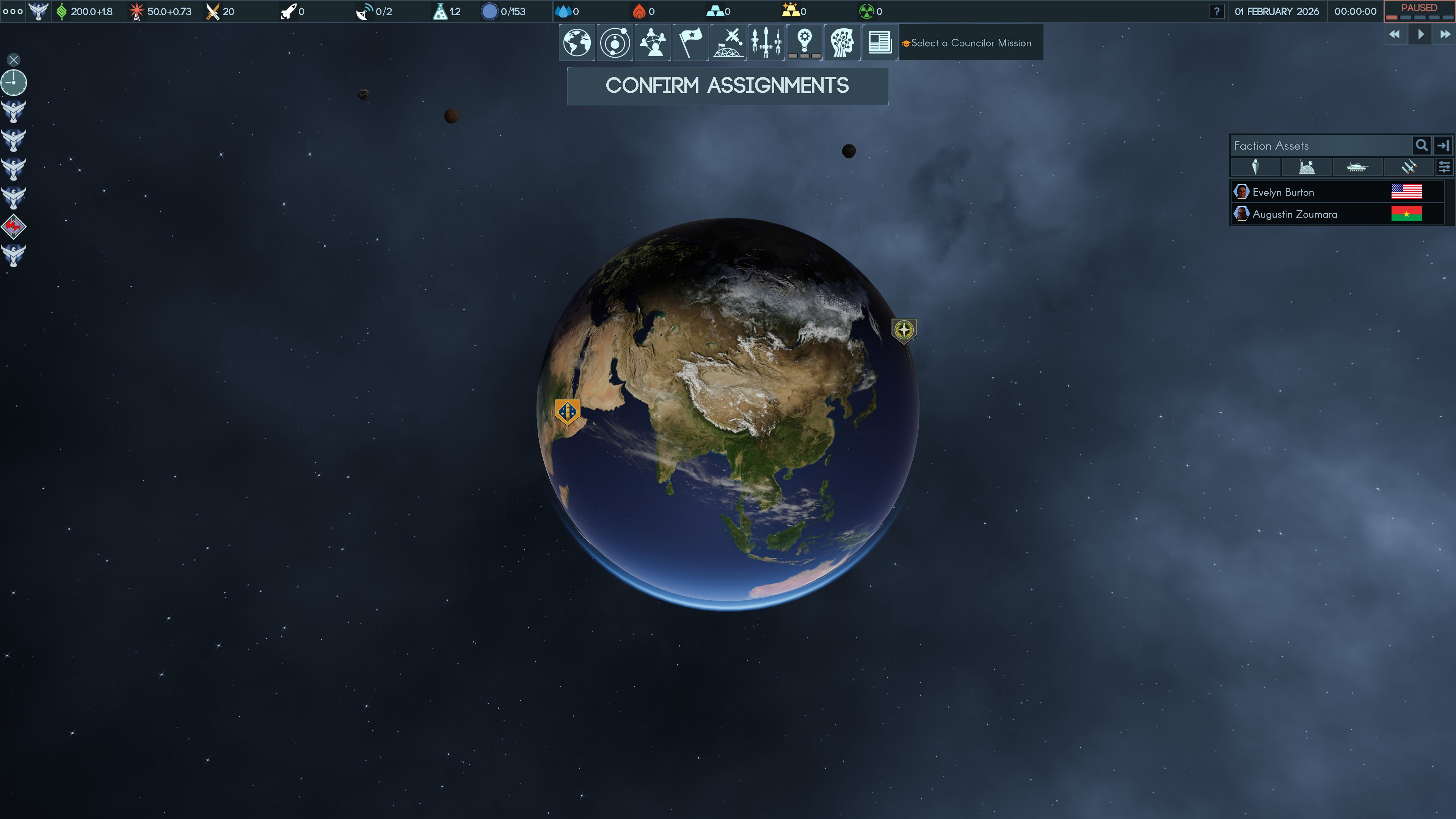Early benchmark suggests Intel's Battlemage GPU in Lunar Lake has lots of low-power promise
But it's still too soon to tell if it'll be any good at gaming.

Intel's forthcoming Lunar Lake CPU architecture, aimed at the low-power mobile market, will be the first processor to sport the chip maker's Battlemage graphics chip. Very few details about the updated design exist in the wild but some early benchmark results (via Videocardz) have come to light, and they look very promising.
Lunar Lake will be Intel's second generation of tile-based CPUs. Instead of using a single piece of processed silicon for the processor, it will be like the current Meteor Lake-powered Core Ultra series. Those chips have four tiles, one each for compute, graphics, system agent, and input/output stuff.
More importantly, the graphics tile in Lunar Lake will be using Battlemage (here designated Xe2-LPG) as the GPU architecture. As the successor to Alchemist, it's fair to say that there's a lot of expectation that Intel has fixed the failings of that design and has something special waiting on the sidelines, to also be used in discrete graphics cards later this year. This new testing result in the SiSoft Sandra database suggests this may well be the case.
At least, from a pure compute perspective. The Sandra test performed is the application's standard GPGPU processing benchmark, so there's no indication as to how good the Battlemage architecture might be with gaming workloads. That said, for what seems to be a very low-powered chip, the results do point to a very capable architecture.
With an indicated clock speed of 1.85 GHz and a power of just 17 W, the Lunar Lake's GPU achieved an aggregated result of 2,108.15 Mpix/s. To put that into some kind of context, the Radeon 780M in a Ryzen Z1 Extreme gets around 2,000 Mpix/s, whereas the GPU in the Meteor Lake CPUs gets close to 1,800 Mpix/s. Both of these use considerably more power than the little Battlemage GPU and have better driver support (as those chips are no longer in an engineering phase), so the Xe2-LPG isn't weak in handling general-purpose GPU compute work.
Although this isn't anywhere near enough information to determine what a big ol' Battlemage graphics card will be like, it does suggest that Lunar Lake CPUs could be a good alternative to AMD's APUs in handheld gaming PCs. If Intel does release a mobile processor that's fine for 1080p gaming and uses less power than the likes of the Ryzen 7 8840U, then AMD could find itself losing key system partners to Intel.
That's a big if, though, and a single benchmark testing a very specific workload isn't compelling evidence to suggest that this will happen. Intel's recent GPUs have been very good at individual benchmarks—just look at how good Arc cards are in 3DMark tests—but it's the overall picture that has meant the company has had to keep patching performance time and again. That said, if more Lunar Lake results start to show the same jump in performance over Alchemist, then Battlemage could even be the genuine start to a three-way competition in the graphics card market. Well, we can all wish for nice things, can't we?
Keep up to date with the most important stories and the best deals, as picked by the PC Gamer team.
Steam Deck OLED review: Our verdict on Valve's handheld.
Best Steam Deck accessories: Get decked out.
Steam Deck battery life: What's the real battery life?
Best handheld gaming PC: What's the best travel buddy?

Nick, gaming, and computers all first met in the early 1980s. After leaving university, he became a physics and IT teacher and started writing about tech in the late 1990s. That resulted in him working with MadOnion to write the help files for 3DMark and PCMark. After a short stint working at Beyond3D.com, Nick joined Futuremark (MadOnion rebranded) full-time, as editor-in-chief for its PC gaming section, YouGamers. After the site shutdown, he became an engineering and computing lecturer for many years, but missed the writing bug. Cue four years at TechSpot.com covering everything and anything to do with tech and PCs. He freely admits to being far too obsessed with GPUs and open-world grindy RPGs, but who isn't these days?


